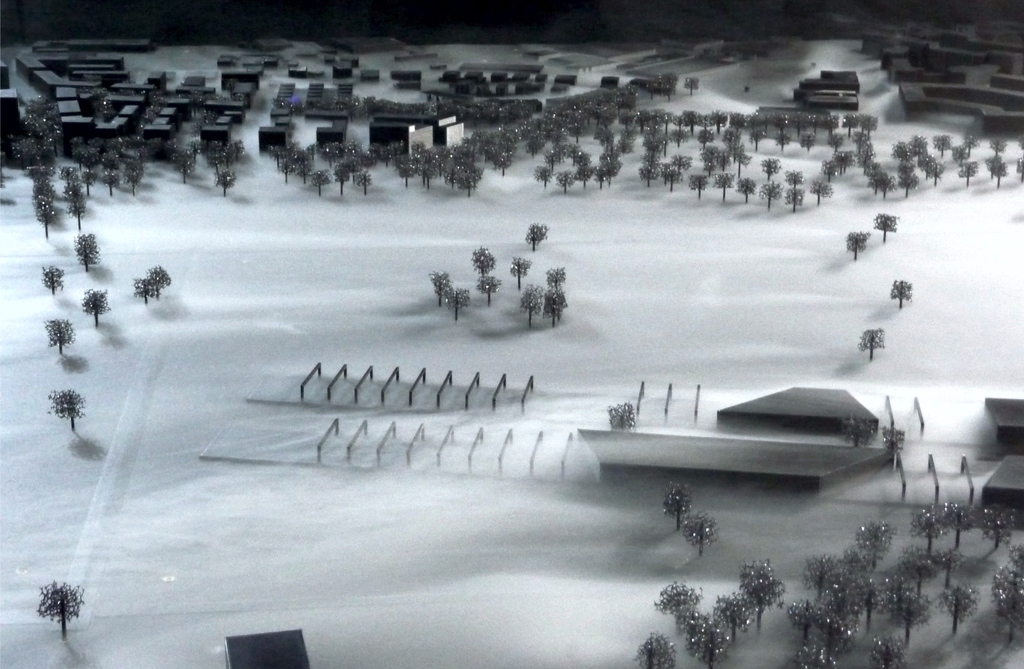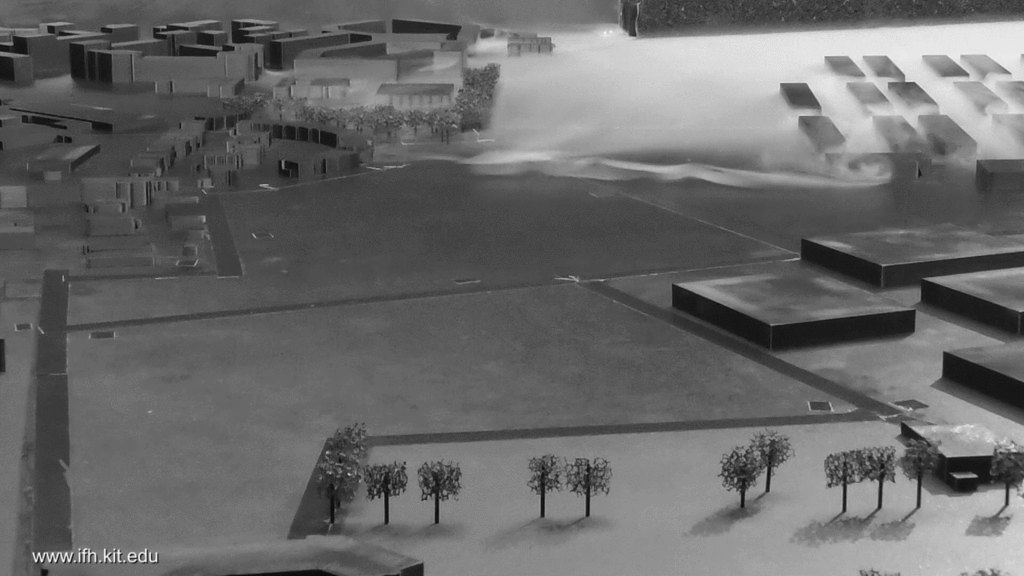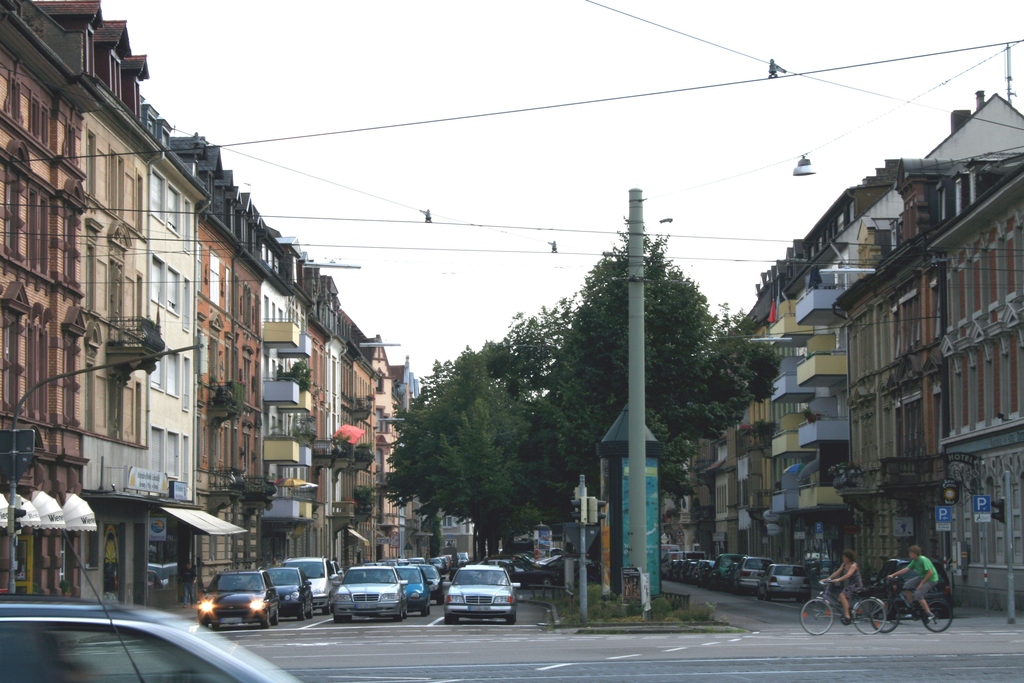
This TV report was broadcast in the science program "W wie Wissen" on the German TV channel ARD. It looks at nocturnal cold air flows that occur during relatively windless and cloudless summer nights. In the process, colder air from the surrounding countryside flows into the urban area and provides a helpful cooling effect for the city, which heats up during the day.
Using the example of studies for the city of Mannheim (Germany), it is explained how corridors for the inflow of cold air can be created through well-planned development and the arrangement of open spaces, so that as many city residents as possible benefit from the nocturnal cooling.
More
Laboratory studies of nightly cold air drainage into the German city of Mannheim were performed. The incentive was to mitigate the urban heat island (UHI) effect which impacts dweller’s health and impairs sleep quality in hot summer nights. Colder air from the rural surroundings can cool down city air temperature and contribute to improved living and health conditions.
The movie shows the flow of simulated cold air as it was studied at scaled models for the present and the projected future state tailored to the improved intrusion of cold air flow into the city center. In subsequent film clips cold air flows in the present and future state are compared for various subareas and filmed from different perspectives.
Watch the Movie

The TV report (in German), filmed by Bayrischer Rundfunk for the science programs "Gut zu Wissen" (BR) and "Xenius" (Arte), looks at avenue trees and hedge rows in urban street canyons. Their impacts on natural ventilation are explained and the associated effects on the mixing and removal of traffic emissions released in the street space are discussed.
While avenue tree rows lead to an increase in traffic-related pollutant concentrations because they restrict natural ventilation, hedge rows have a positive effect on air quality in the streetscape.
More Information


